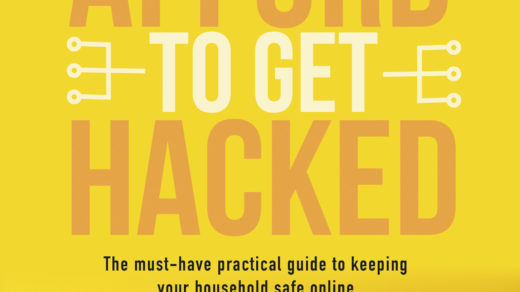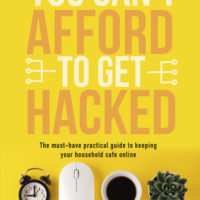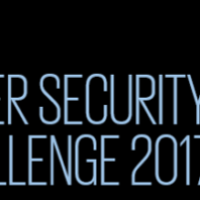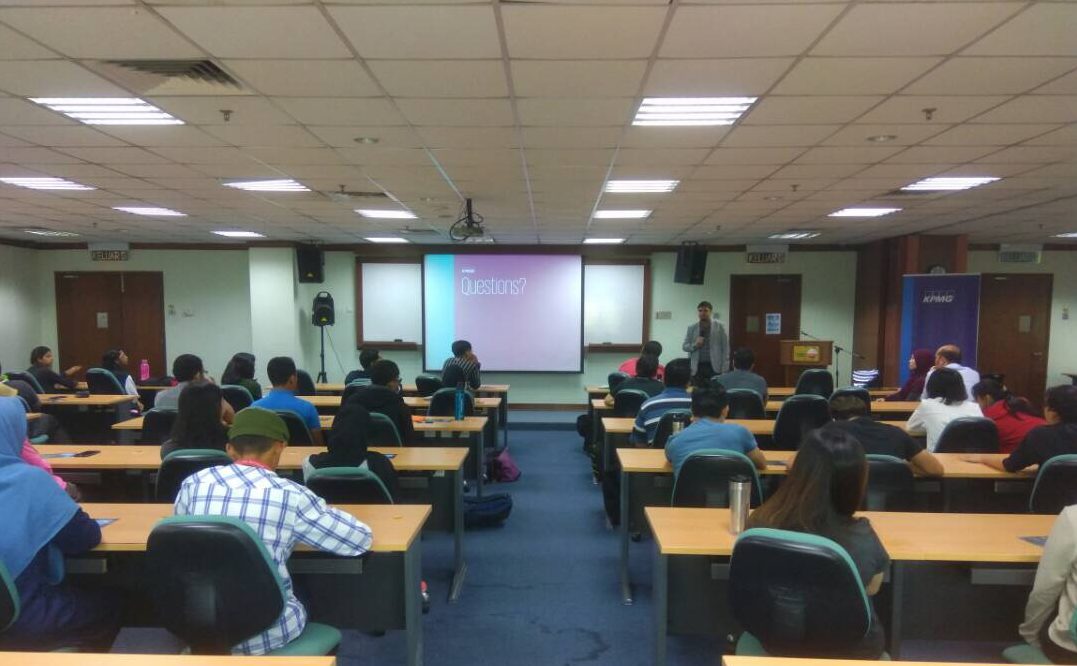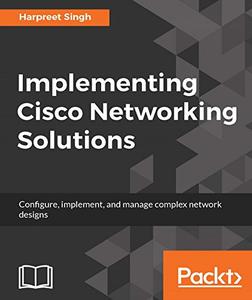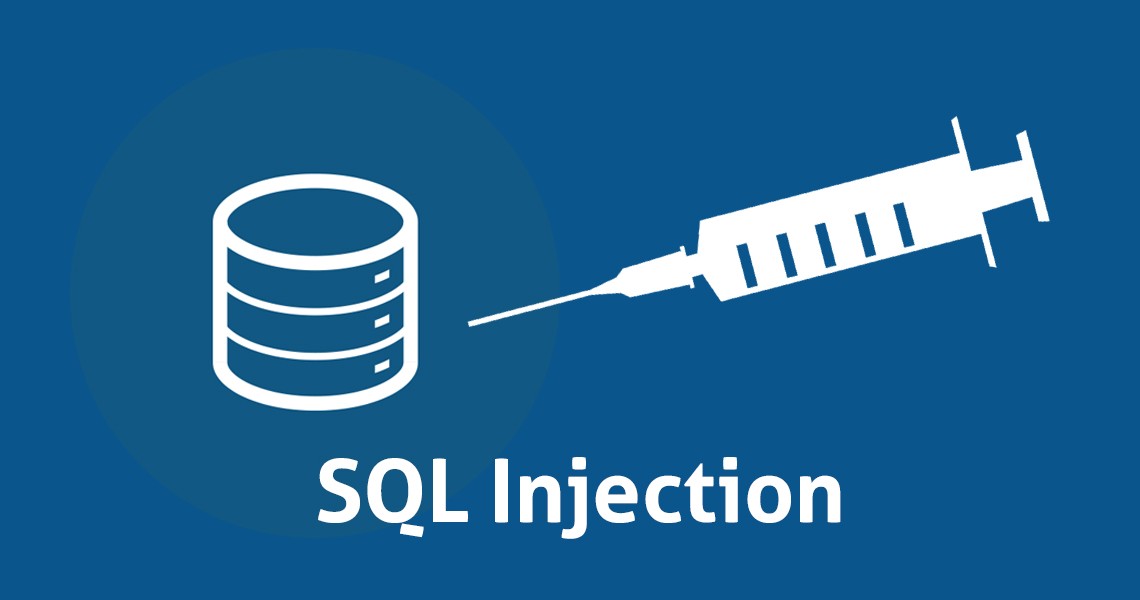Today if you do not have a profile in social networks, you have no identification. Social network websites like Facebook, LinkedIn, Hi5, MySpace, Instagram, Badoo or another operate as our identity card with the difference that you can update it daily.
Through them you show your character, your personality, your ideas, your needs and your wishes. Other members can observe your status and where exactly you are in your personal life. Sometimes through this social networking activity, we show our vulnerable points and it would be scary if we imagine somebody could use them to break into our life with the help of all this information we broadcast. As we somehow give people
the right to use this information, of course unconsciously. When you upload photos, there are not only hackers
who may be a threat to you, but terrorist groups or sexual predators who may misuse your personal information and you will never know that things like this happen!
Sophos 2010 Security Threat Report1 says Facebook houses 61% of the threats and it is the largest social network with near to two billions users. By this way, protection in cyber world where social networks are a part of it would be a must for everybody as the danger is undeniable. Fortunately, most of social networks provide some privacy configurations. Most of the social networks users fail to regulate them based on their own requirements, and here is the door opened for villains. Here we supply some important recommendations to help social network users stay safe by apply them:
- Always have very strong passwords on your emails and other social websites
- Limit personal information provided at the social websites as much as you can
- Change your passwords regularly, so that your information could be out of reach of hackers
- Place minimal amount of information at different websites to cover yourself from excessive publicity of the Internet
- Do not trust online others and do not answer special questions from unknown users or companies, that means be skeptical
- Check privacy policies and be aware of unknown e-mails and links provided by unknown users.
- Do not accept friend requests from people you do not know and limit the access of your photos and other activities to your friend list.
1 Security Threat Report 2010 – Sophos http://www.sophos.com/medialibrary/gated%20assets/white%20papers/sophossecuritythreatreportjan2010wpna.pdf

